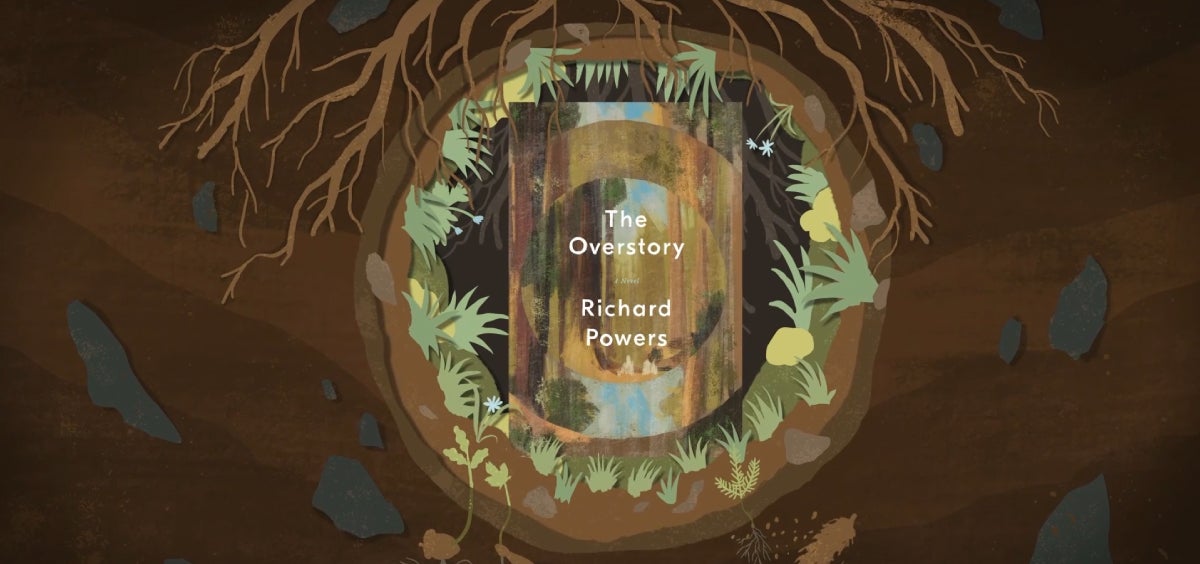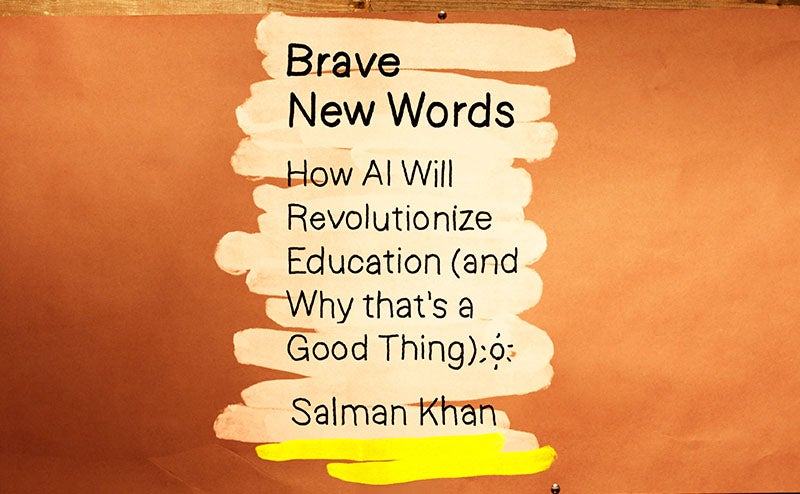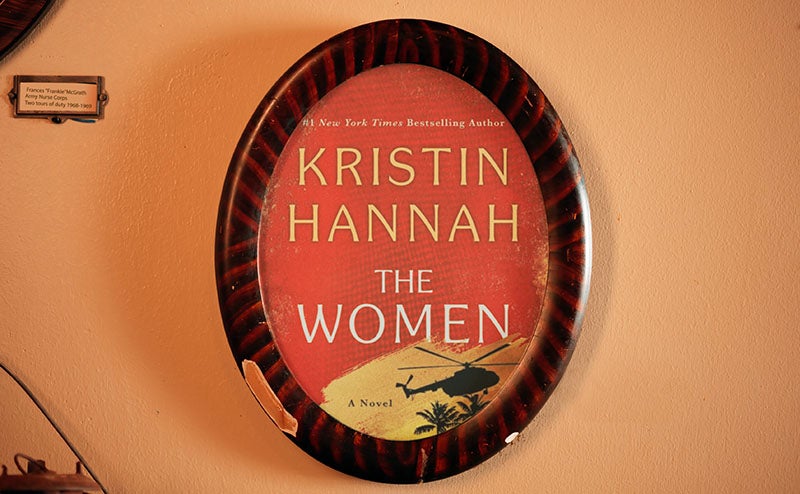The demand for these lifesaving mosquitoes continues to grow.
I grew up (and still live) in a place known for its beautiful forests. Almost everywhere you look here in Washington state—at least in the western part of it—you can find massive fir trees and towering red cedars. When you spend most of your life here, it’s tempting to take them for granted. But what would happen if one day you woke up and they were gone?
In The Overstory by Richard Powers, Mimi Ma arrives at her office one morning to find that the woods she can see from her desk have been cut down. Powers describes the moment the “outrage floods into her, the sneakiness of man, a sense of injustice larger than her whole life, the old loss that will never, ever be answered.” This reaction starts her on a path to become a radical activist willing to throw her entire life away to protect trees.
Mimi is just one of the nine characters that Powers follows in The Overstory, which won the Pulitzer Prize two years ago. Each character has some kind of connection to trees, including a Vietnam veteran who gets a job planting seedlings and an artist whose family has been photographing the same chestnut tree for a century. I thought the most interesting was Olivia Vandergriff, a college student who becomes a tree sitter named Maidenhair after being nearly electrocuted to death.
A good friend thought I might enjoy reading about all the different stories, and he was right. This isn’t a book where everything gets tied up with a bow. Some of the characters meet up with each other, and others have totally separate stories. In the end, it’s not clear whether you’re supposed to see their actions as morally right or just kind of crazy. (You don’t even find out whether one of the main characters lives or dies.)
I didn’t mind the lack of clarity, but some other people might. If you are in the mood for something that stimulates your thinking instead of providing answers, though, you’ll love The Overstory. It’s very well-written and takes twists you wouldn’t expect.
The book made me want to learn more about trees. You don’t need any special knowledge to follow the story, but it left me super curious about the subject. There’s a certain elegance to how trees fit into their ecosystems. It’s amazing that they live for so long—the oldest tree in the world is over 4,800 years old!—despite being stationary.
Powers is interested in the damage humans can do to something that has otherwise withstood hundreds of years of change. It’s a fascinating idea for a book, although I don’t subscribe to his idea that the world started off in this positive state and has been going downhill since we came along. I think the relationship between people and nature is a bit more complicated than The Overstory suggests. (I wrote more about this in my review of Under a White Sky.)
The novel has a pretty negative view of humanity. That didn’t make me enjoy it any less. On the contrary, I loved following Powers’ characters as they became more and more passionate about their love for trees. There was something pure about the way they set aside their individual needs for a greater cause, even as several of them make choices that I strongly disagreed with—including the decision to commit acts of ecoterrorism.
Near the end of the book, Powers writes that “the most wondrous products of four billion years of life need help.” The Overstory may not have convinced me to move to a remote forest so I can live in a canopy, but it did make me think differently about my relationship with the trees right outside my window.





